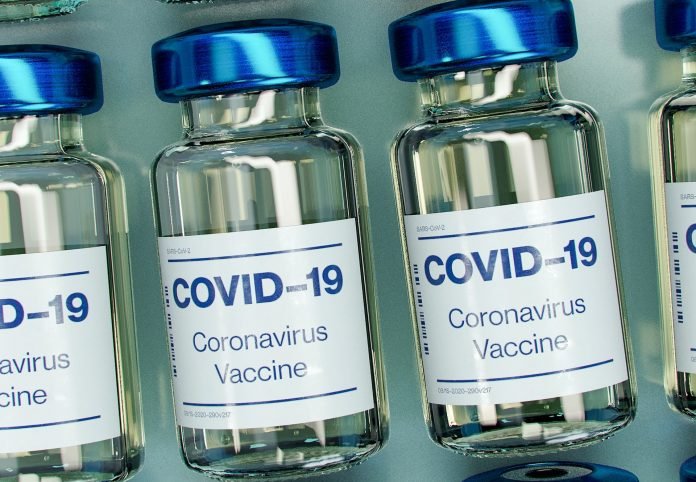
In a new study from Washington University in St. Louis and elsewhere, researchers found that inoculation with live attenuated vaccines (LAV) such as those used against TB, polio or measles can stimulate the immune system to provide protection against other infectious diseases, including COVID-19
People who have been inoculated with one or more LAVs but have no access to the new, specific vaccines against COVID-19—typically because they are expensive or in short supply—may have some protection during the current pandemic.
LAVs use a weakened (or attenuated) form of the pathogen or germ that causes a disease.
These vaccines are similar to the natural infection they help prevent, and create a strong and long-lasting immune response, often over a lifetime, according to the World Health Organization (WHO).
According to the team, older live attenuated vaccines could also afford protection from other emerging viruses.
Attenuated viruses or other pathogens will grow in a vaccinated person, and stimulate an immune response, but are too weak to cause disease.
The team says it is important to bring up this topic now to raise awareness of the entire field. There is no disadvantage to LAVs, or broad vaccines, as they only last a few months.
But there is a great chance of saving many lives. LAVs are inexpensive, readily available, and not harmful.
The team of scientists helped discover the HIV virus, and they showed as far back as 1972 that LAVs can play a role in limiting an epidemic or pandemic.
The believes that in the future, many people who face a new epidemic or pandemic for which there is no vaccine or therapy will benefit from the research.
This also could be the case if current vaccines are not effective with any new SARS-CoV-2 variants, stressing that LAVs do not interfere with specific vaccines for a disease but are likely to improve response to those vaccines.
If you care about vaccines and your health, please read studies about almost half of American adults think vaccines unsafe and findings of this study may lead to a vaccine for pancreatic cancer.
For more information about vaccines, please see recent studies about this vaccine may help prevent Alzheimer’s disease and results showing a new vaccine against chronic inflammatory diseases.
The study is published in PNAS. One author of the study is Robert Gallo.
Copyright © 2021 Knowridge Science Report. All rights reserved.



